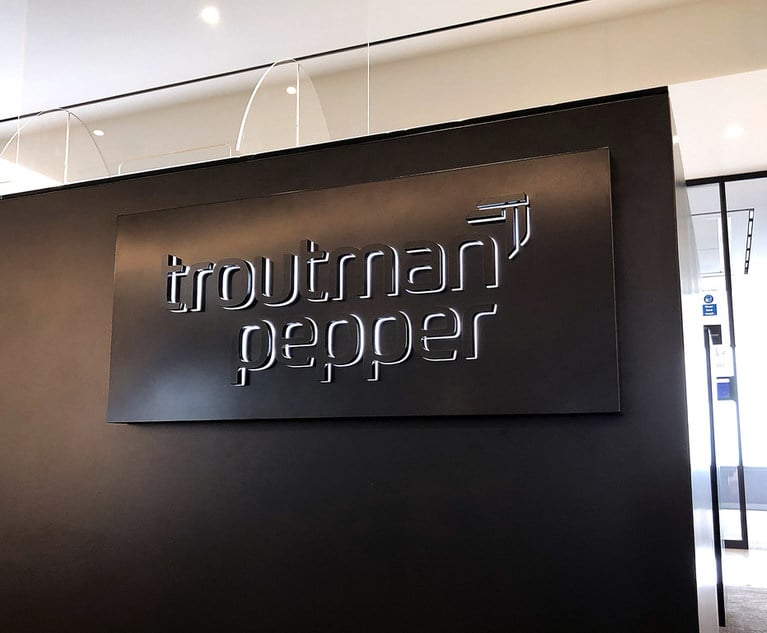On March 9, the Pennsylvania Superior Court handed down a nonprecedential decision with implications for construction defect litigation in the commonwealth of Pennsylvania. The court was charged with scrutinizing the applicability of the statute of repose and the Unfair Trade Practices and Consumer Protection Law in the context of work performed on a church that was completed 25 years before legal action was commenced against the contractor. The facts of Evangelical Lutheran Church of the Atonement of Wyomissing, Pennsylvania v. Horst Construction, No. 602 MDA 2020 are straightforward.
On April 28, 1994, the owner appellant, Evangelical Lutheran Church of the Atonement of Wyomissing (hereinafter the church) contracted with appellee, Horst Construction (Horst) for the construction of new addition to an existing church. Work commenced May 19, 1994. An occupancy permit was issued on May 22, 1995, by the Pennsylvania Department of Labor and Industry; the occupancy permit stated the work was compliant with all building codes and the plans. However; according to the underlying complaint, water infiltrated the masonry walls of the new addition immediately after construction and Horst investigated the intrusion and was unable to remedy it. In 2019, the church hired new contractors, who stated there were construction defects, as well as code and local ordinance violations, dating to the initial construction.


 Photo: Shutterstock
Photo: Shutterstock




